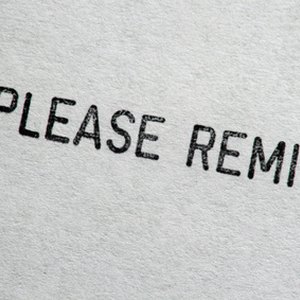
If you owe money to the federal government, and your balances remain unpaid long enough, you can be sure that Internal Revenue Service (IRS) agents will come looking for you. The IRS and other federal agencies are very good at determining exactly how much you owe and if you end up owing, you will not only have to pay back taxes, but also penalties and interest.
Install a tax preparation software package on your computer. This will allow you to track what you owe in real time as you enter each financial document upon receipt. The calculations your software performs will automatically update the information based on the figures you enter, providing you with a snapshot of your income and how much you may owe.
Gather all your documents, including pay stubs, W-2 forms, 1099 forms, brokerage statements and tax records. Be sure you keep all your tax and income-related information in one place. This will make it easier to figure out how much you may owe the government at tax time.
Take into account all the kinds of income you have. If the only income you have comes from your employer's paycheck, you are very unlikely to owe additional money to the federal government. That is because your employer is required by law to withhold the taxes you owe from your paycheck. But if you have additional income, like money from freelance work or a large amount of dividends or capital gains, chances are good that you do owe the government.
Calculate whether your balance exceeds the IRS-established threshold of $1,000. If so, you may be subject to an underpayment penalty. It's a good idea to check your records and figure your taxes well in advance of the April 15 deadline.
References
Writer Bio
Based in Pennsylvania, Bonnie Conrad has been working as a professional freelance writer since 2003. Her work can be seen on Credit Factor, Constant Content and a number of other websites. Conrad also works full-time as a computer technician and loves to write about a number of technician topics. She studied computer technology and business administration at Harrisburg Area Community College.

